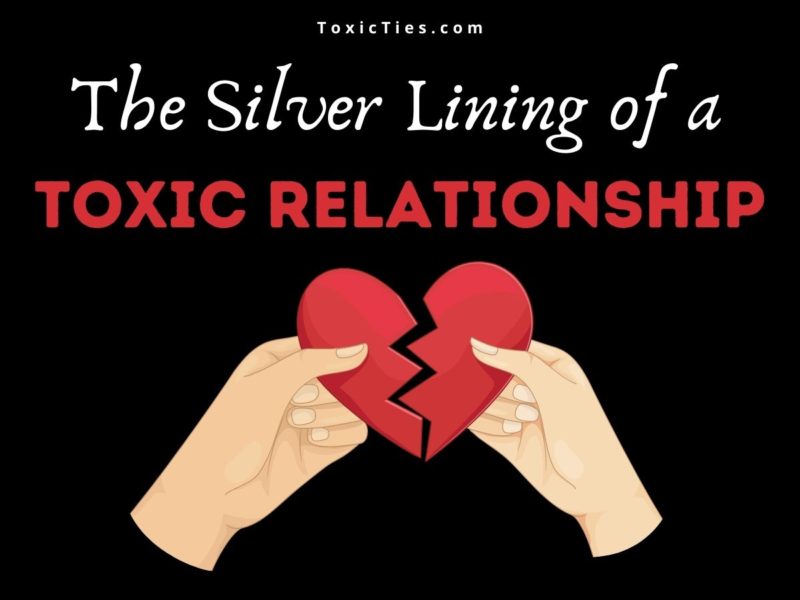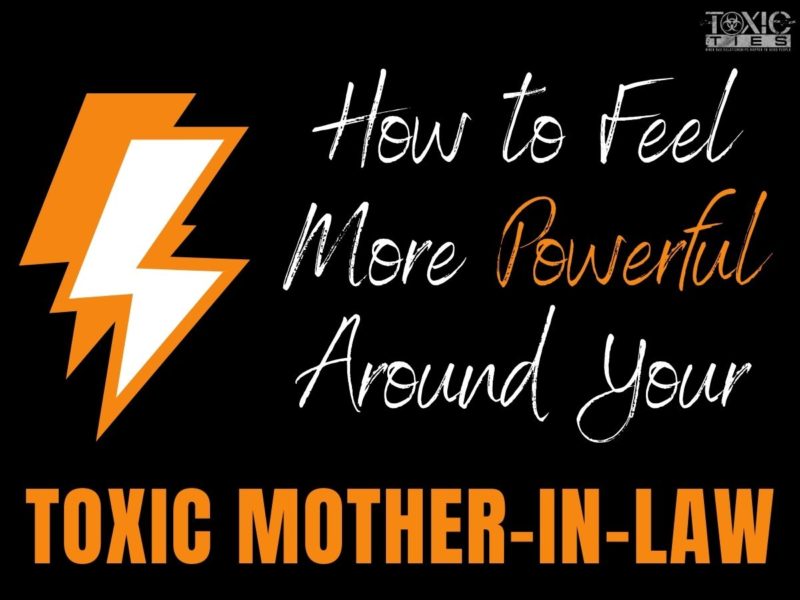Do toxic parents get better in old age or do they become even more insufferable? On this website, we talk a lot about toxic or narcissistic parents, the lies they taught you, and how to stop seeking love and validation from them. But any exploration of an abusive parent’s psychology would be incomplete without understanding […]
Relationships
10 Signs Your Narcissistic Mother is an Emotional Vampire
If you have a narcissistic mother, chances are, she’s also an emotional vampire. Just like mythical vampires, emotional vampires are parasites that feed on others. Here are 10 signs that your mother might be one of these parasitic creatures. What is an Emotional Vampire? An emotional vampire is someone who feeds off other people’s emotional […]
The Silver Lining of Toxic Relationships: 9 Priceless Lessons
Is there a silver lining to toxic relationships? Some might say: hell no. It’s a terrible experience you’re better off forgetting like a bad dream and moving on. But for those of us who are inclined to look for meaning and value in all life has to offer, the answer is more complicated. In fact, […]
How to Feel More Powerful Around Your Toxic Mother-in-Law
Do you want to feel more powerful around your toxic or narcissistic mother-in-law? Then the change must start with you. This article describes 9 ways you can shift that power dynamic and reclaim control over your life. All happy families are alike; each unhappy family is unhappy in its own way. Leo Tolstoy After reading […]
10 Signs Your Husband is Passive-Aggressive
Do you wonder if your husband is passive-aggressive? Do you feel like his words and actions don’t match? Are you confused and frustrated by the mixed messages you receive from him? Then you may be married to a passive-aggressive man. In this article, we’ll discuss what passive aggression is, how to tell if your partner […]
13 Subtle Signs of a Toxic Relationship
On the surface, the signs of a toxic relationship are obvious and indisputable — like a black eye. But in most cases, the red flags are much more subtle and intertwined with emotions. This article explores the less obvious signs of a toxic relationship, and what to do if you find yourself in one. Do […]






